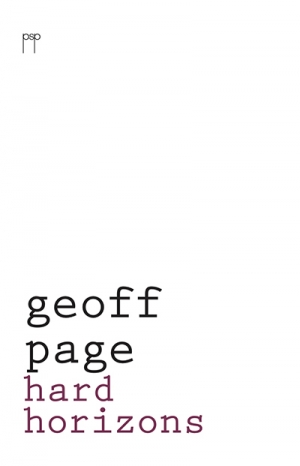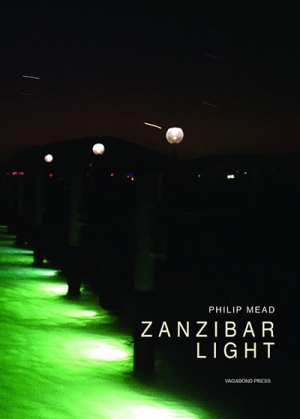Poetry
Kevin Brophy’s latest book is a record of the year he spent living in the remote Aboriginal community of Mulan. The community is home to predominantly Walmajarri people, and is on the edge of the Great Sandy Desert, sixteen hours’ drive from Broome. He was given a decomposing house to ...
... (read more)Judith Bishop reviews 'Sun Music: New and selected poems' by Judith Beveridge
The appearance of a New and Selected Poems by a widely loved and admired poet has all the pleasures of a major retrospective, but viewed alone, without the clamour of a gallery event. It’s in the nature of retrospective to raise the banner of analysis-as-public-spectacle. What does this art mean ...
... (read more)Jennifer Maiden’s first books, Tactics (1974) and The Problem of Evil (1975), introduced a fantastically complex and enquiring poetry, with strangely fragmentary assemblages of character wrought from conflict. Both books were partly inspired by television’s gory nightly footage of the Vietnam War ...
... (read more)A few pages into this collection we read the line: ‘all of it is lies’. ‘It’ signals the irritation that motivates much of Pam Brown’s writing in click here for what we do. Memory, in these poems, is a problem. Brown’s is very much a poetry of movement: she desires to stay light and mobile, not to be detained by memory ...
... (read more)Dennis Haskell reviews 'Hard Horizons' by Geoff Page and 'The Left Hand Mirror' by Ron Pretty
I have no idea if Pitt Street Poetry is located in Pitt Street, in the centre of Sydney’s CBD, but it has certainly made itself central to poetry publishing in Australia. Its list includes such fine poets as Eileen Chong, John Foulcher, Jean Kent, and Anthony Lawrence; that reputation will be added to by these books from Geoff Page ...
... (read more)There is a shimmering, ludic intelligence to this collection of poems, Philip Mead’s first since 1984. The word ‘comeback’ is apt, with its grace note of gladness for renewed possibilities. Opening any new work, the anticipation is acute: will I be changed by reading this, and if so, how? What might I think, feel, or recognise ...
... (read more)David Dick reviews 'Archipelago' by Adam Aitken and 'Present' by Elizabeth Allen
Both Adam Aitken’s Archipelago and Elizabeth Allen’s Present examine the establishment and mutability of identity in the worlds of objects, histories, literature, and media in which they place their speakers. Of course, the exploration of identity is a common theme of poetry, particularly as it pertains to how the material of language ...
... (read more)Benjamin Ivry reviews 'Our Life Grows' by Ryszard Krynicki, translated by Alissa Valles
This poem, cited in its entirety, is ‘My Poor Son’ by the Polish writer Ryszard Krynicki, who will be seventy-five years old in June 2018. Likely the finest poet in the generation after Zbigniew Herbert, the dazzling philosopher of modern Polish verse who died twenty years ago, Krynicki was born in a Nazi slave labor camp ...
... (read more)David McCooey reviews 'Who Reads Poetry: 50 views from Poetry Magazine' edited by Fred Sasaki and Don Share
So, who reads poetry? American military cadets, that’s who. And medical specialists. Also, songwriters, journalists, and philosophers. And don’t forget (ex-) poets, priests, and politicians (to quote Sting). But let’s get back to those military cadets. What does poetry do for them? Who Reads Poetry gives us a number of ...
... (read more)Joan Fleming reviews 'Domestic Interior' by Fiona Wright and 'The Tiny Museums' by Carolyn Abbs
The classic lyric preoccupation with interiority, and how internal life touches and changes the outside world, finds expression in two recent collections of poetry: Fiona Wright’s ...
... (read more)








